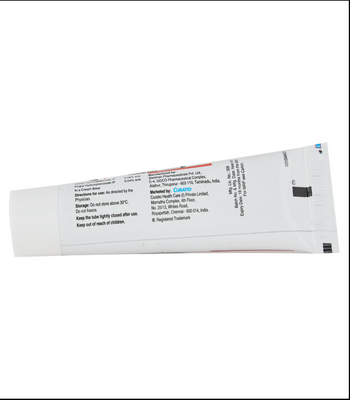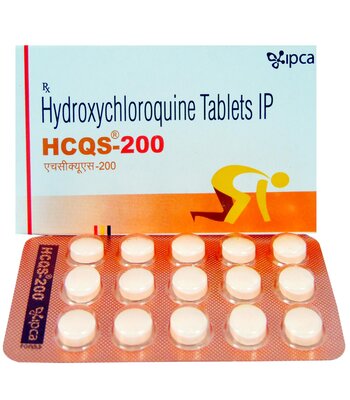Diurix SR 1.5mg Tablet 10'S
INR 61.00INR 61.00
Category :
Sub Category :
MG Details :
INDAPAMIDE 1.5
Packing :
10
Mfr by:
Bal Pharma Ltd
Country of Origin:
NA
What DIURIX SR is used for?
DIURIX SR is used in the treatment of high blood pressure (hypertension)
Talk to your doctor before taking DIURIX SR, if you:
Are allergic to Indapamide, any other sulfonamide or to any of the other ingredients of this medicine
Have severe kidney or liver disease
Have low levels of potassium or sodium, high calcium levels in your blood
Are suffering from gout
Have diabetes
Have an overactive thyroid gland (hyperthyroidism)
Have heart rhythm problems
Have photosensitivity reactions
Need to have a test to check how well your parathyroid gland is working
Always take DIURIX SR exactly as your doctor has told you
One tablet each day, preferably in the morning. The tablets can be taken with or without food. They should be swallowed whole with water
Do not crush or chew them
Treatment for high blood pressure is usually life-long. It can be taken with or without food
If you take more DIURIX SR
If you take more DIURIX SR than you should, tell your doctor or go to your nearest hospital casualty department immediately
Taking too much DIURIX SR may cause nausea or vomiting, low blood pressure, cramps, dizziness, drowsiness, confusion and changes in the amount of urine produced by the kidneys due to severe dehydration
If you forget to take DIURIX SR
If you forget to take a dose of your medicine, take the next dose at the usual time
Do not take a double dose to make up for the forgotten dose
If you stop taking DIURIX SR
As the treatment for high blood pressure is usually life-long, you should discuss with your doctor before stopping this medicine
Like all medicines, the medicine can cause side effects, although not everybody gets them.
Red raised skin rash
Low potassium in the blood, which may cause muscle weakness
Tell your doctor if you are taking, have recently taken or might take any other medicines such as:
Lithium (used to treat depression)
Medicines for heart rhythm problems, high blood pressure and heart failure
Stimulant laxatives
Medicines used to treat mental disorders such as depression, anxiety or schizophrenia
Antibiotics used to treat infections such as sparfloxacin, moxifloxacin, erythromycin by injection
Vincamine by injection (used to treat symptomatic cognitive disorders in elderly including memory loss)
Pentamidine (used to treat certain types of pneumonia)
Halofantrine (antiparasitic drug used to treat certain types of malaria)
Medicines used for pain relief (e.g. ibuprofen) or high doses of acetylsalicylic acid (aspirin)
Amphotericin B by injection (to treat fungal infection)
Oral corticosteroids used to treat severe asthma and rheumatoid arthritis
Baclofen (to treat muscle stiffness)
Metformin (to treat diabetes)
Calcium tablets or other calcium supplements
Ciclosporin, tacrolimus or other medicines to depress the immune system after organ transplantation, to treat autoimmune diseases or severe rheumatic or dermatological diseases
Tetracosactide (to treat Crohn’s disease)
Cisapride (used to treat reduced movement of the gut and stomach)
Diphemanil (used to treat gastro-intestinal problems such as ulcers, too much acid, overactive digestive system)
Storage
Store at room temperature (15-25°C)
Keep out of the reach of children
Do not use after the expiry date
Disclaimer:
The contents of this website are for informational purposes only and not intended to be a substitute for professional medical advice, diagnosis, or treatment. Please seek the advice of a physician or other qualified health provider with any questions you may have regarding a medical condition. Do not disregard professional medical advice or delay in seeking it because of something you have read on this website.












